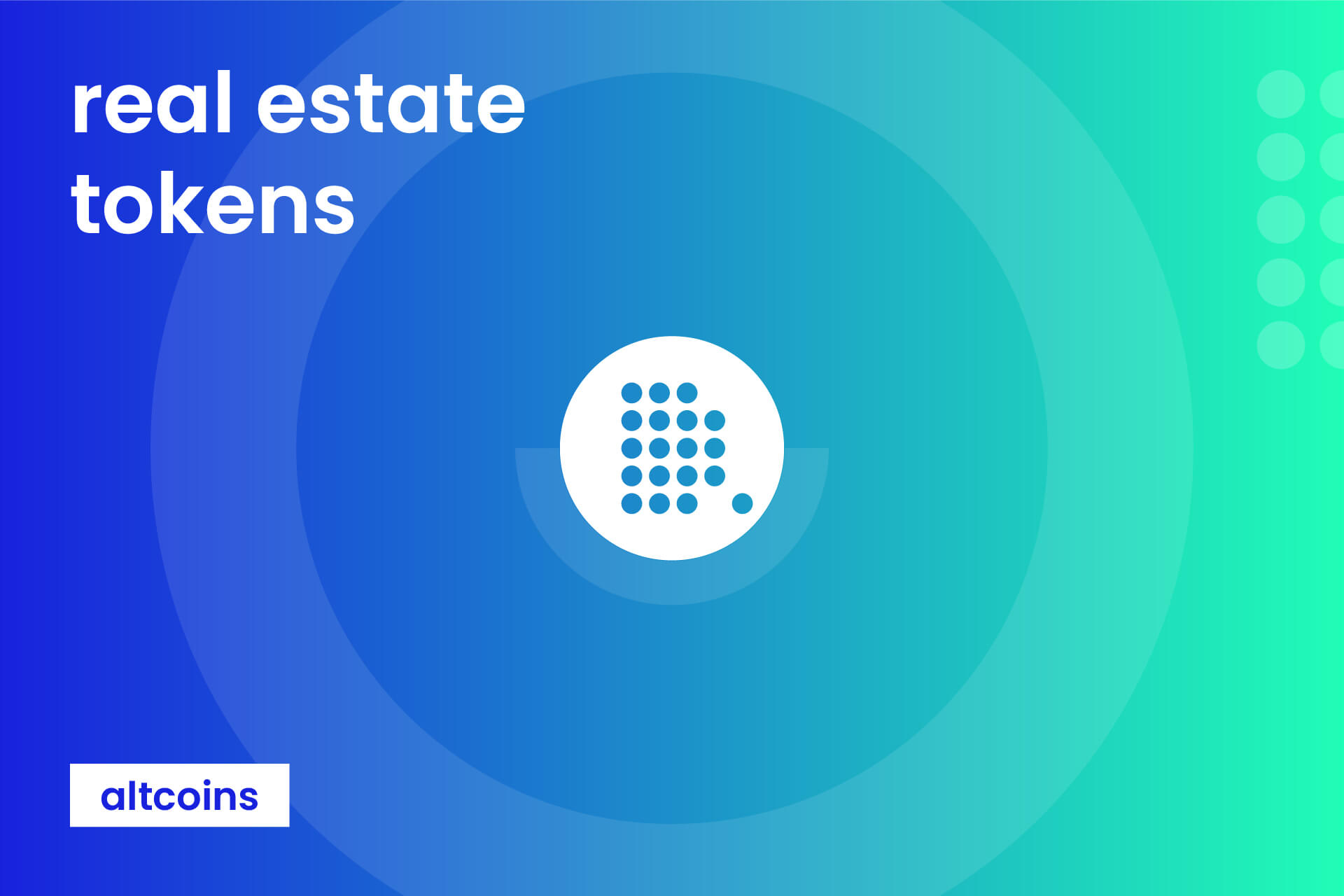
Unlike other tokenized assets, the real estate market continues to outperform even traditional equities markets.
Real estate tokenization continues to be on the rise, despite the fact that the whole sector of security tokens plunged during April.
The latest data reveal, that the real estate tokens grew over 4% within April. Meanwhile, the whole security token market recorded a drastic 38% decrease in trading volume during the last month. According to the report of Security Token Group, the total market capitalization of security tokens dropped around 8%:
The month of April was nothing short of turbulent in the US equity and global markets. [...] While the security token secondary market has performed very well in comparison to the public markets through March, it has unfortunately seen a drastic decline this month.
Property tokenization on the rise
The real estate tokenization is a growing trend for some time already. Tokenization of property allows real estate owners to distribute tokens through the blockchain platform.
When a property owner decides to tokenize a real estate asset, an ERC20 real estate token is created. Each token then represents a particular share of the property. Meanwhile, the total value of real estate tokens is equal to the total value of the particular property.
Investors then can acquire those real estate tokens (also called security tokens) by becoming owners or part-owners of the property by using various real estate token markets.
Real estate Issuance platform RealT issued $1 million worth in property assets on Ethereum blockchain since its start in The US market last December. Furthermore, the platform is launching 3 more properties this month.
Earlier this year African tokenization platform Flyt announced its intention to implement the continent’s first security token offering (STO) for real estate. Moreover, Red Swan, a commercial real estate marketplace, tokenized $2.2 billion worth of real estate in collaboration with security tokenization firm Polymath just a few months ago.
The tokenization of real estate removes the brokers out from the process. Thus makes it cheaper to buy a property, while owners are dismissed from the need to pay intermediaries. With a global real estate market valued at around US$228 trillion, the future real estate tokenization might be promising.
